- May 3, 2019
- Posted by: dev-admin-mike
- Categories: HRSP Blog Post, Wellness

by Akiko Takagi, Clear Day Coaching, May 2019
The workforce of the future must believe in itself today. One of the keys to continued and future success is being able to let go of fears that past on-the-job mistakes will permanently limit career trajectory. It’s possible that a past mistake will limit a future career move, but it’s certainly not a guarantee. The bigger danger is that dwelling on the mistake and fear of what it means will hold one back in a bigger way than the mistake ever did. When employees are feeling set back and discouraged, their leaders need to help them to let go of the past and live in the now.
Any number of things can trigger what I call a waterfall of self-doubt. The prevalence of anxiety in the workplace is well documented. Anxiety can contribute to missed deadlines, absenteeism, turnover, and damage to the company image. The Centre for Addiction and Mental Health in Toronto indicates that the economic burden of mental illness in Canada is estimated at $51 billion per year. This includes health care costs, lost productivity, and reductions in health-related quality of life. In any given week, at least 500,000 employed Canadians are unable to work due to mental health problems. This includes:
- approximately 355,000 disability cases due to mental and/or behavioural disorders
- approximately 175,000 full-time workers absent from work due to mental illness.
The cost of a disability leave for a mental illness is about double the cost of a leave due to a physical illness.[1]
While mental illness is a broad term and by definition includes a variety of medical conditions, the impact of self-doubt on the ability to achieve goals and be successful cannot be underplayed. In his article titled, Anxiety and Self-Doubt: Perfect Recipe for Underachievement, Leon F. Seltzer, Ph.D puts it succinctly:
“Unquestionably, when old, worrisome thoughts about your capabilities remain tightly lodged in your brain, your fondest hopes, dreams, desires, and aspirations will be compromised—at times, fatally undermined.”[2]
In order to secure the success of organizations today as well as the future of the workforce and society more broadly, leaders need to understand the role they can and should play in supporting their teams in letting go of set-backs.
Leaders need to encourage employees to understand that although they may think thoughts such as, “I am an imposter in this role”, “I don’t know what I’m doing”, “I’ve made mistakes”, these thoughts do not define them, and they do not determine what the future holds for them. It is a false and limiting belief system that tricks people into thinking that these negative thoughts are “the truth” and that they predict or indicate what will happen related to career success in the future. This may be a particularly difficult task for leaders because of increasing pressure to have teams that produce “perfect” work. Employers need to truly accept that a learning culture by its nature allows for errors or mistakes to be viewed as an integral part of the journey to success. It is interesting to note that it is more common for both an employee and an employer to view a mistake as predictive of future success (or lack thereof). Meanwhile they tend to believe that a success was expected and therefore not predictive of future successes.
How can organizations combat these natural tendencies?
One of the key ways is to put focus on the present moment. Letting go of what happened in an employee’s past, particularly in the context of how it relates to what will happen in the future, will allow employees to immerse themselves more fully in the moment. Allowing employees to focus on the present moment is allowing for mindfulness. On the topic of mindfulness in the workplace, the Science Daily website puts it well:
Mindfulness is often viewed as either a touchy-feely fad or valuable management tool that can lift an entire workplace. A new comprehensive analysis of mindfulness research suggests the latter—that injecting a corporate culture of mindfulness not only improves focus, but the ability to manage stress and how employees work together.[3]
Making mindfulness a regular part of business requires confidence on the part of leaders. They need to trust that they have selected and developed their teams well and that their employees can and will perform to their natural best abilities. For employees, dedicating themselves completely to the task or project at hand allows them more opportunity to get “in flow” or “in the zone”. According to Mihaly Csikszentmihalyi, author of Flow: The Psychology of Optimal Experience, Flow is the moment when creativity and productivity spring from your mind smoothly, and it is an important contributor to creativity and well-being.[4]
By increasing our ability to operate mindfully, the workforce strengthens itself today and for the future. From this place of mindfulness employees can bounce back quickly from the self-doubt waterfall and will grow, create and give more than they imagine.

Akiko is seasoned HR Professional, HR Coach, Senior HR Consultant for HR Strategic Partners Inc. and founder of Clear Day Coaching. She supports individuals in career transitions and small to medium-sized businesses with improving productivity and employee retention through more engaging performance management and leadership development programs.
